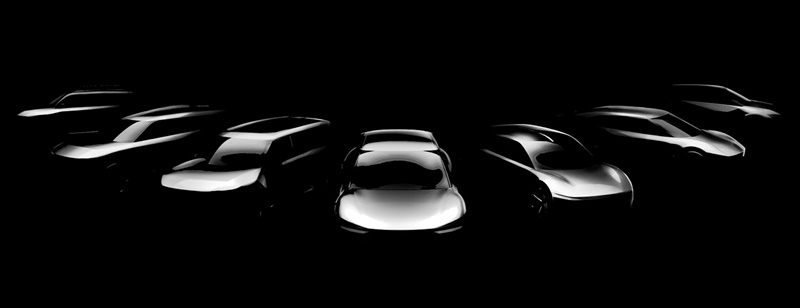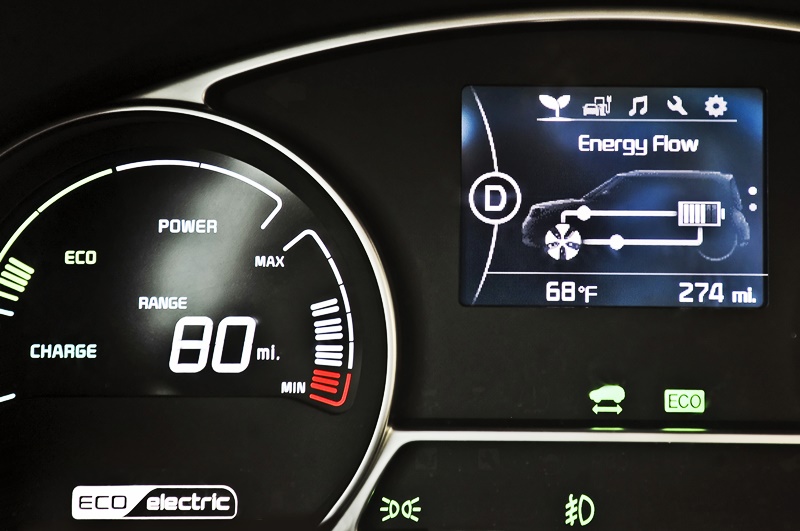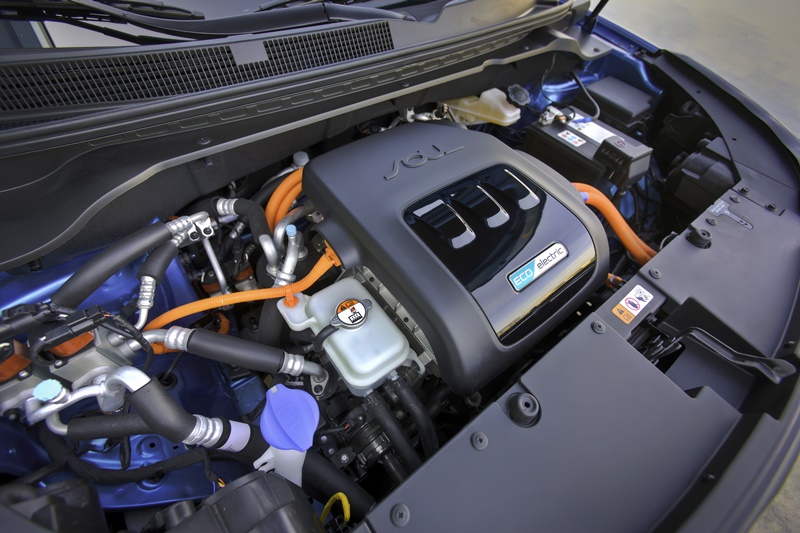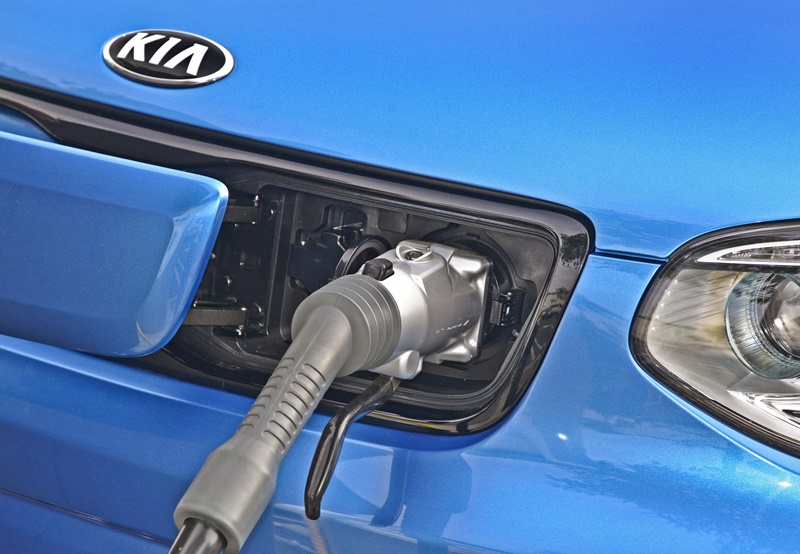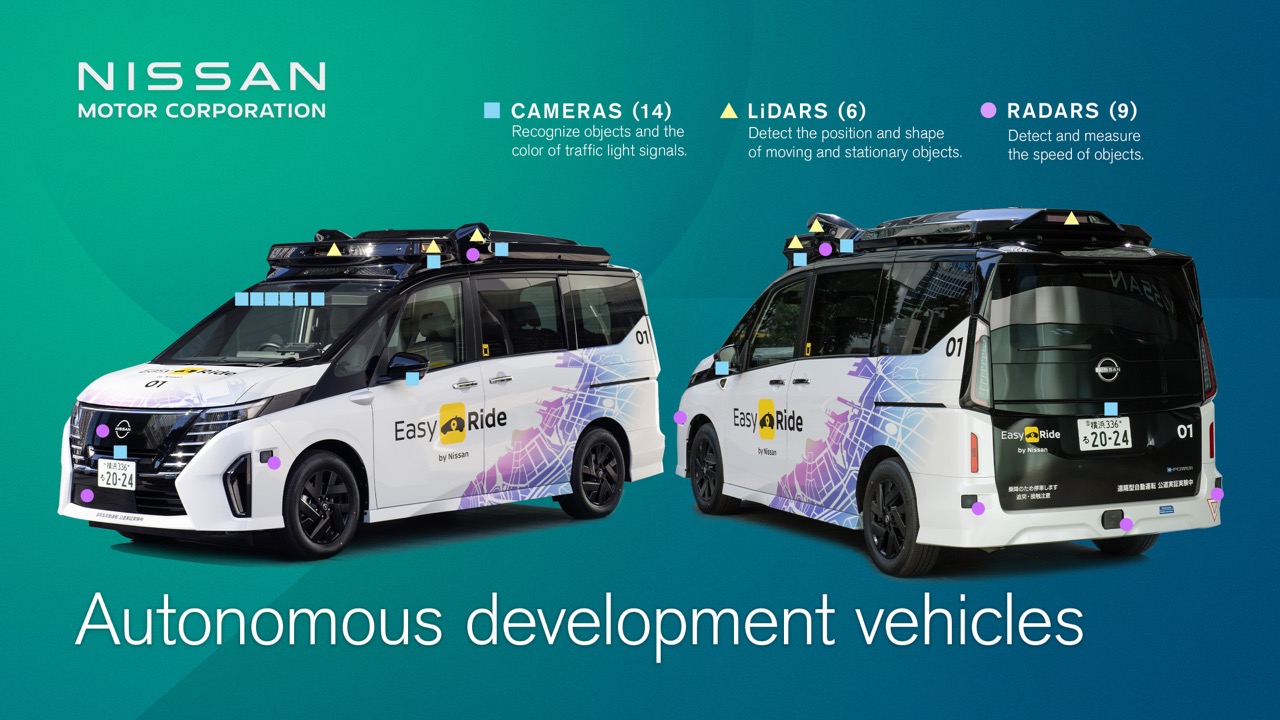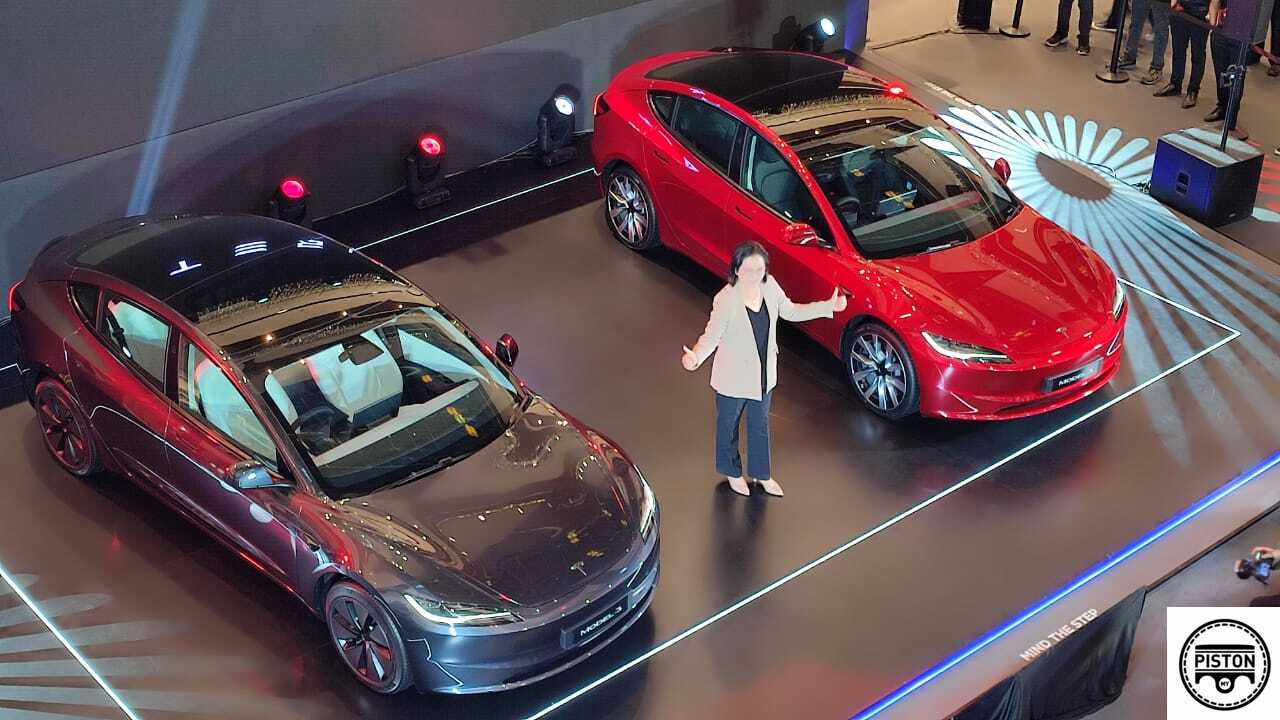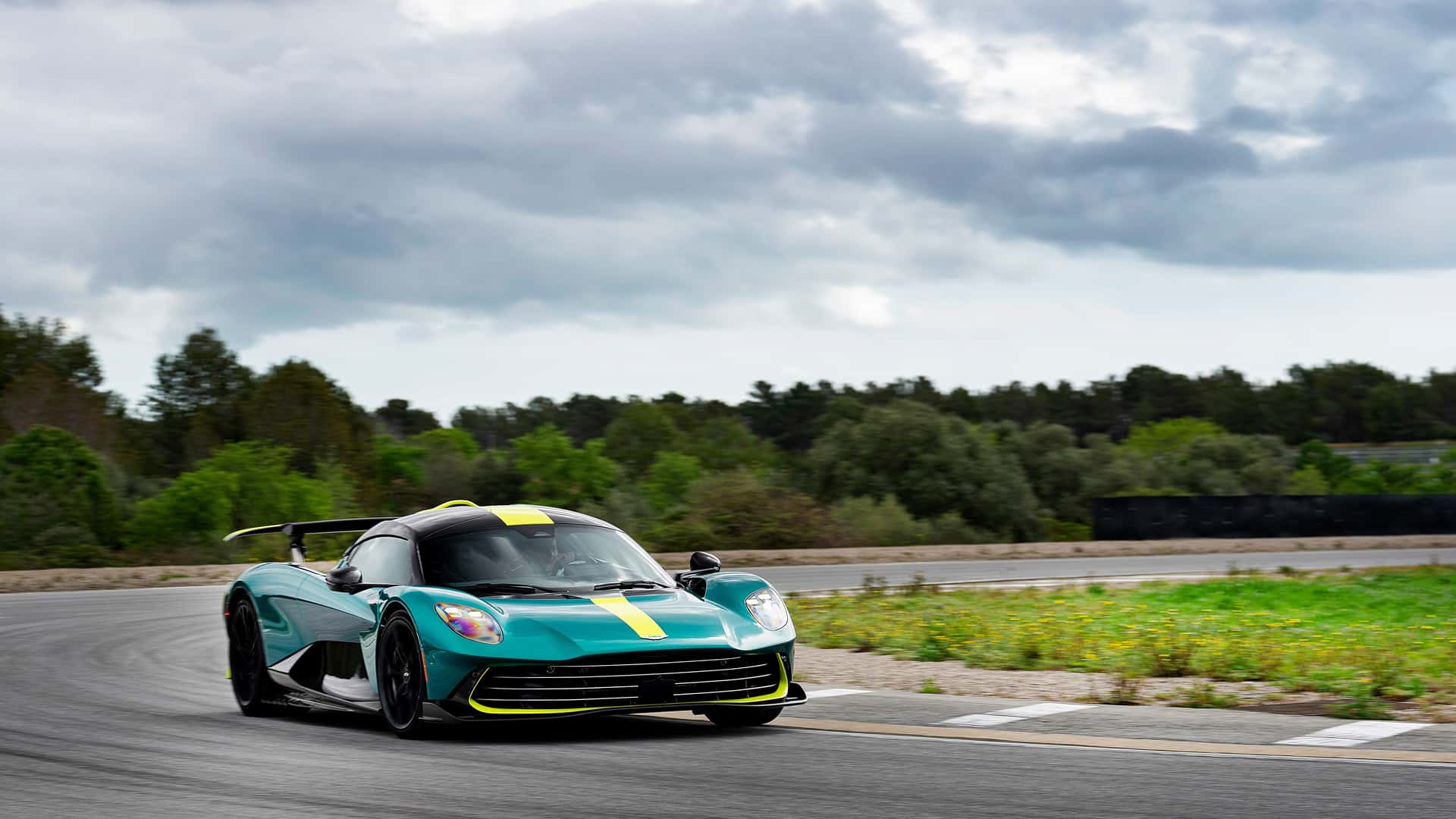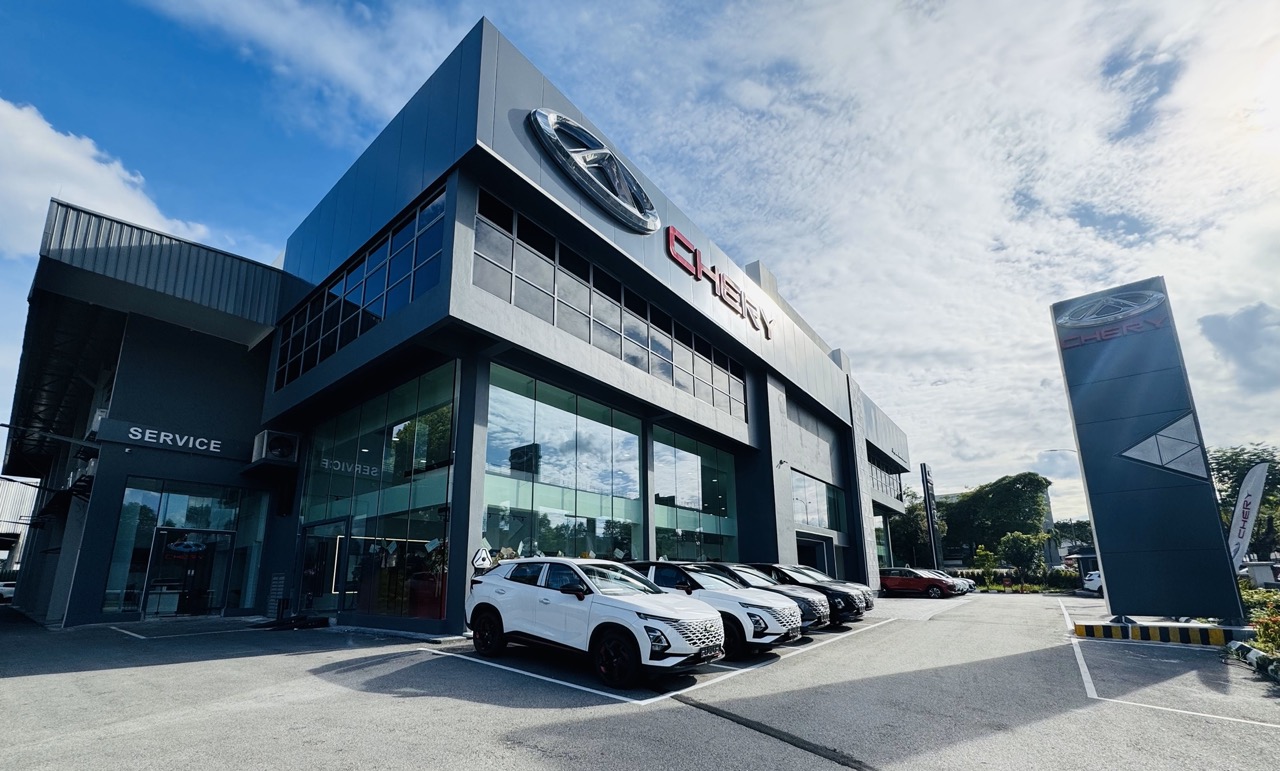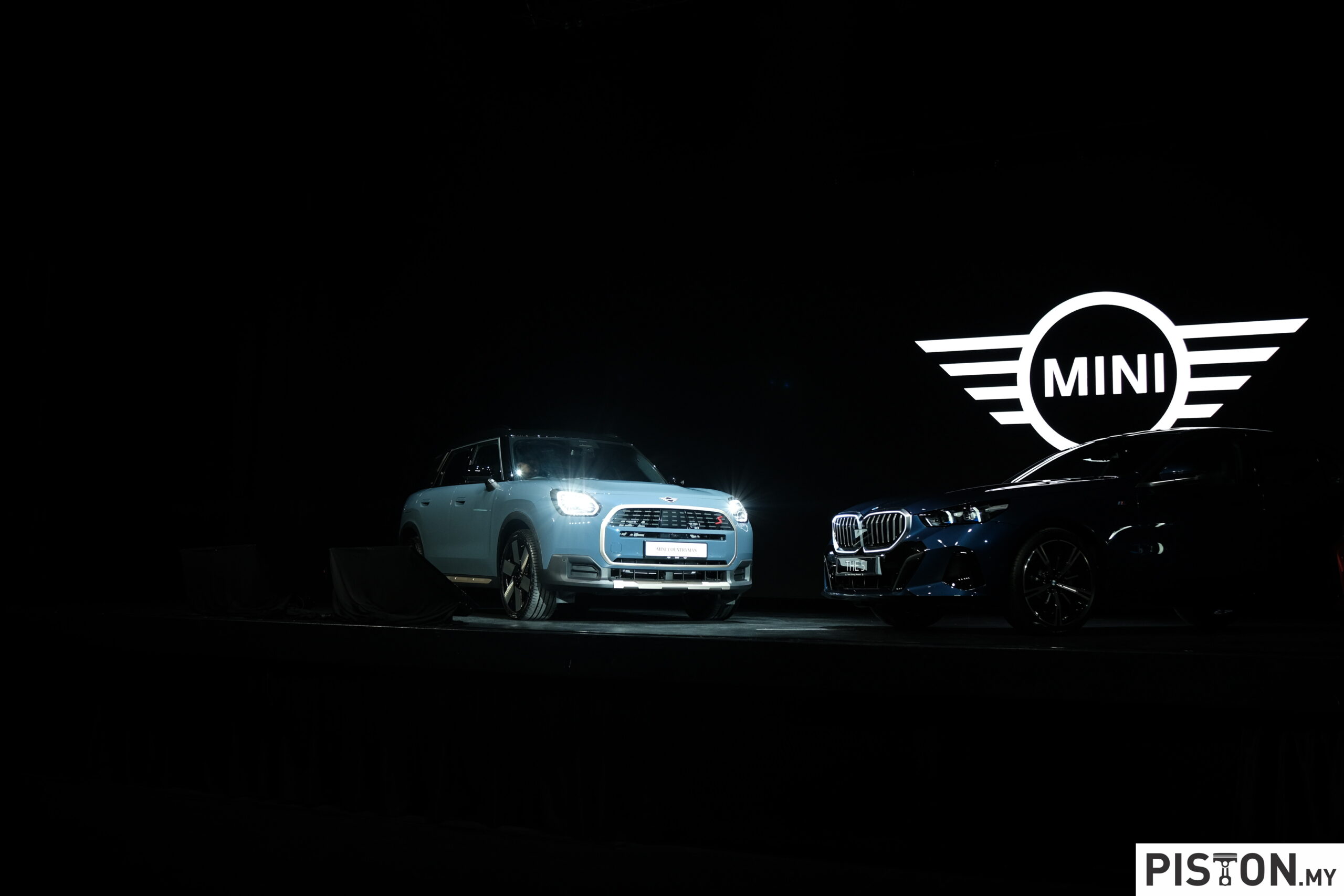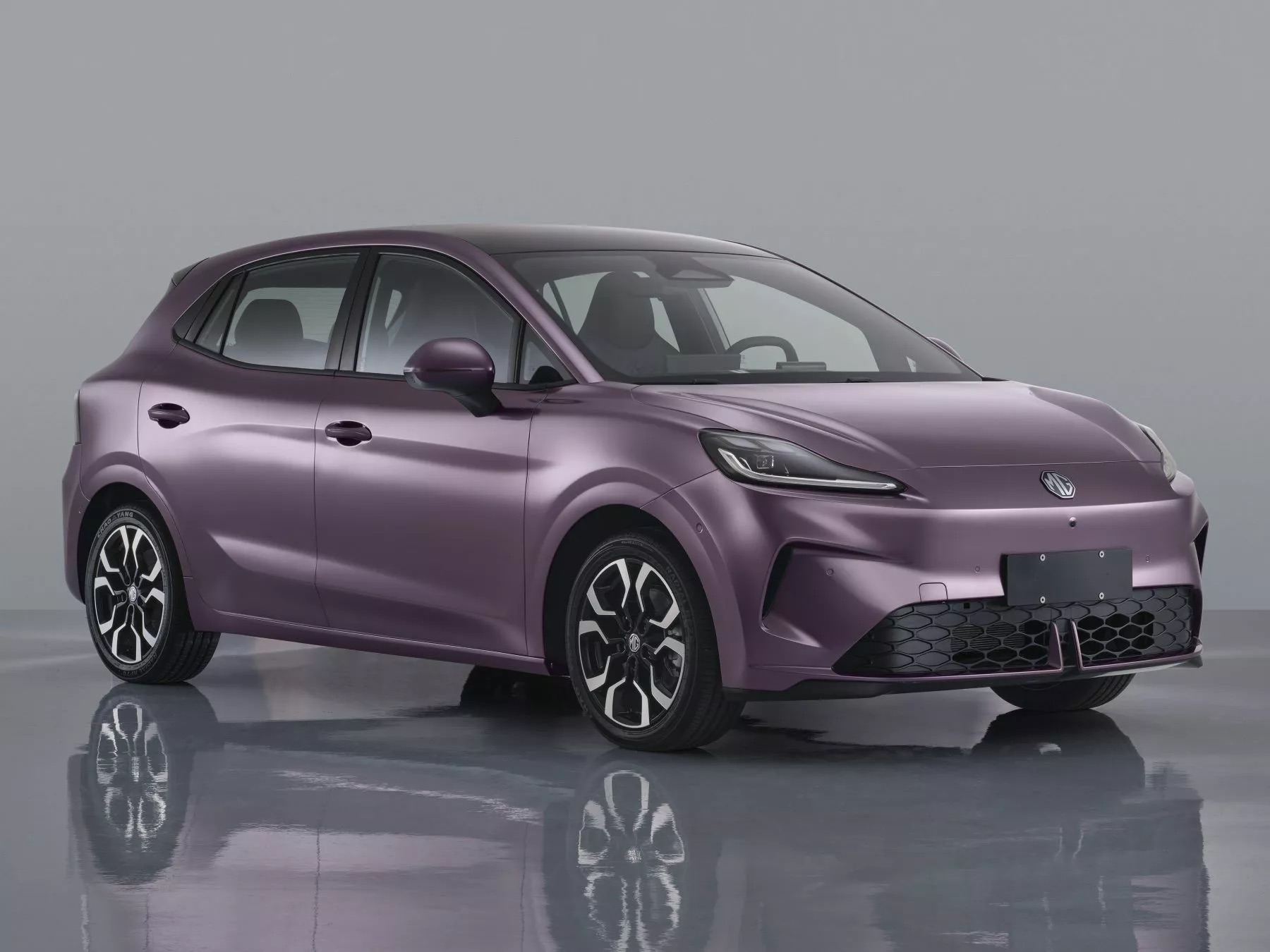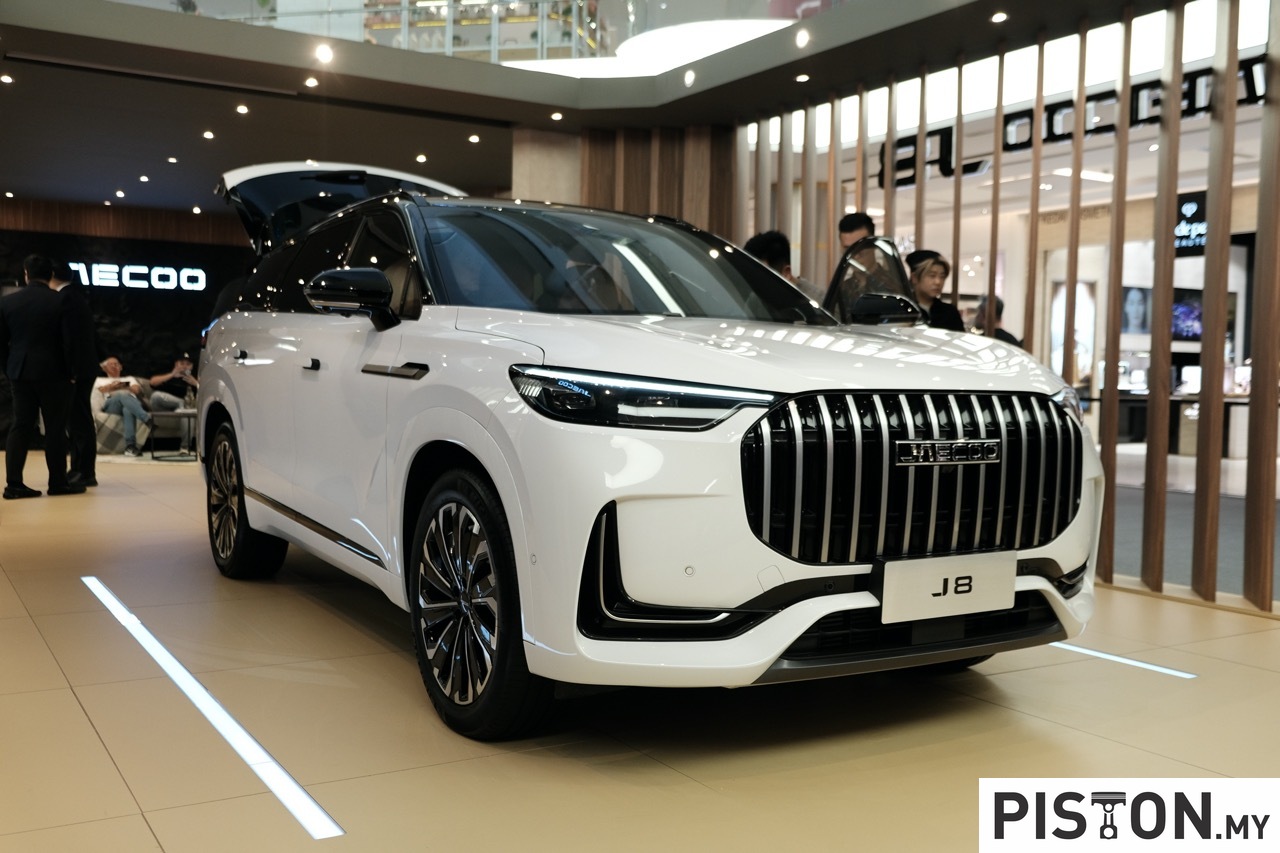Like many other carmakers, Kia Motors knows that the future is electric. Tougher regulations in Europe and America and growing demand for electric vehicles (EVs) in China are forcing manufacturers to develop and launch electrically-powered vehicles as quickly as possible.
For Kia Motors, the future direction includes a global EV business strategy that aims to put the brand in a leadership position. To achieve this, Kia will launch a diverse range of dedicated BEVs (Battery Electric Vehicles) and partner with EV charging companies worldwide.

100,000 BEVs already sold
“Kia has sold more than 100,000 BEVs worldwide since the introduction of our first mass-produced BEV in 2011, the Kia Ray EV, ” said Kia President & CEO Ho Sung Song. “Since then, we have started to introduce a range of new BEVs for global markets and announced plans to accelerate this process in the years ahead. By refocusing our business on electrification, we are aiming for BEVs to account for 25% of our total worldwide sales by 2029.”
Under Kia’s ‘Plan S’ strategy, announced at the start of 2020, the brand plans to expand its BEV line-up to 11 models by 2025. Over the same period, it is aiming for BEVs to account for 20% of the brand’s total vehicle sales in advanced markets such as Korea, North America and Europe.
The first of seven BEVs, code-named ‘CV’, will be revealed in 2021. It will be the brand’s first dedicated BEV, destined for many regions globally.
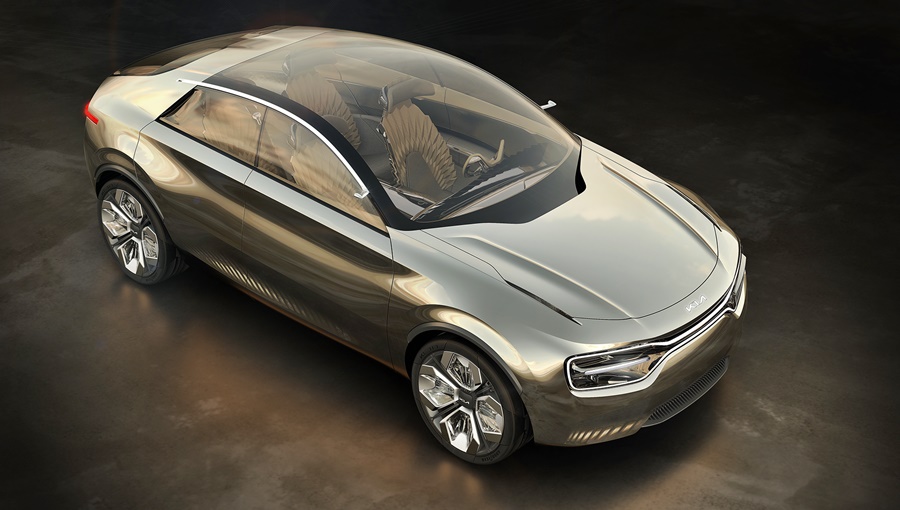
Transition to electrification
Kia Motors’ ‘Plan S’ is a mid to long-term future strategy that has a focus on BEVs and mobility solutions. It calls for a company-wide transformation which will see a new design philosophy embracing progress, diversity and a rich composition of contrasting elements.
Kia is innovating its vehicle planning, development and production to actively reflect diverse customer needs from the product planning stage. To respond to market demands, there will be diverse product types, with a range of models suitable for urban centres, long-range journeys, and performance driving. Its new Electric-Global Modular Platform (E-GMP) will enable engineers to develop vehicles with best-in-class interior spaciousness.
Aftersales services
In addition, Kia Motors plans to expand its global aftersales infrastructure for EVs. In its home country, there will be more dedicated EV work bays at service centres, ricing from 600 in 2020 to 2,000 by 2023. There are plans to develop in-house programs to train EV maintenance professionals.
Kia Motors sees the expansion of electric charging infrastructures as a pre-condition for the popularization of EVs and continues to explore activities worldwide to improve charging accessibility for drivers. In Korea, its business activities will directly lead to the construction of a charging infrastructure.
Worldwide, Kia is setting up more than 2,400 EV chargers in Europe and around 500 in North America, partnering with its dealer networks. It plans to continue to increase its charging infrastructure in line with the growing market for EVs.
VR technology enhances vehicle development processes for Hyundai and Kia




